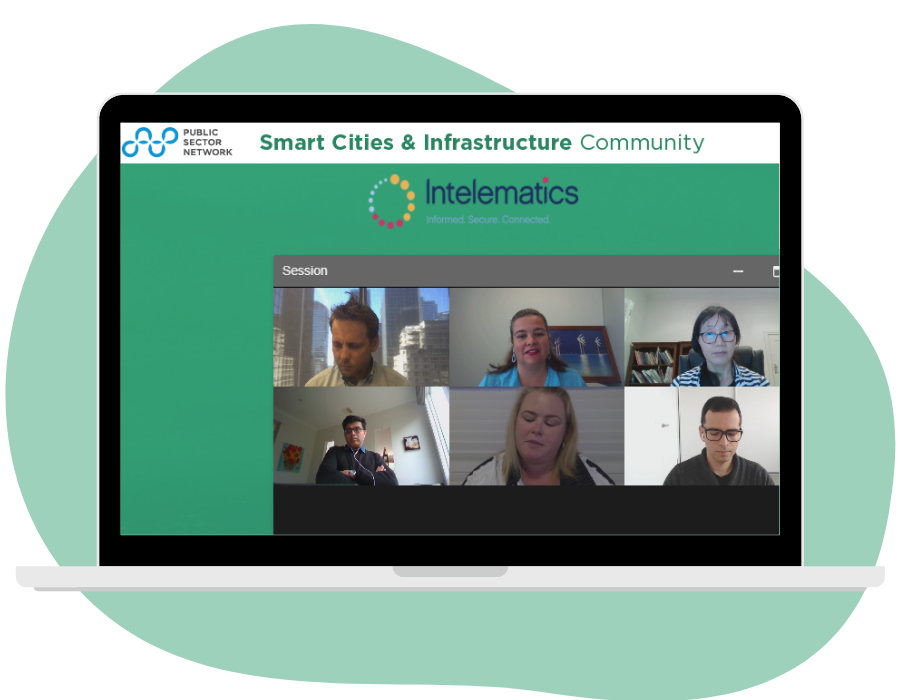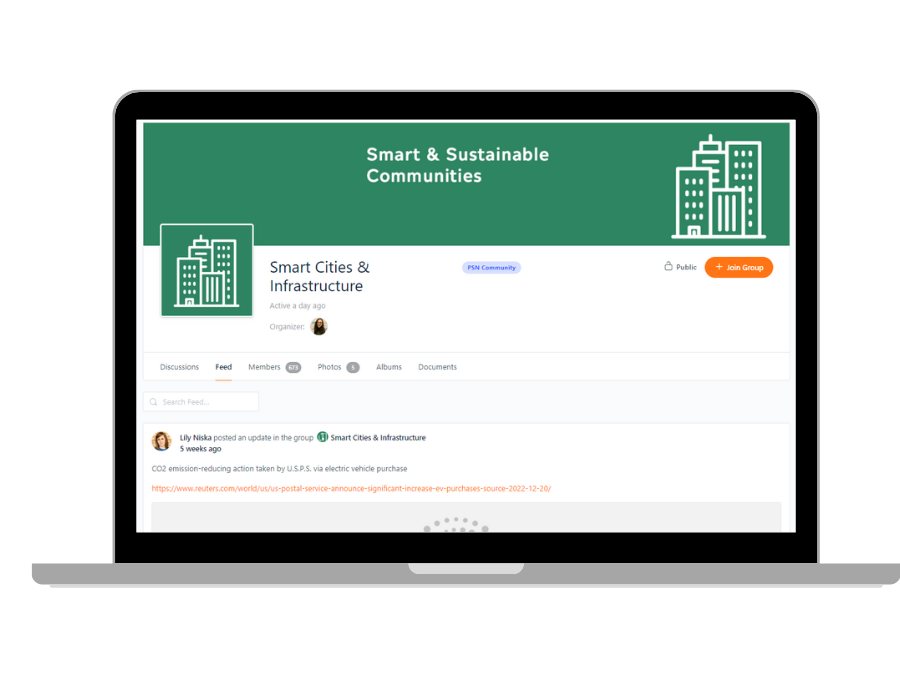
Regional Planning and Development
Tuesday, 25 July and 1 August 2023 | 10:00am – 2:30pm AEST | Online
Training Overview
A strengths-led approach to growth
Now more than ever, regional councils are looking to improve livability and stimulate economic development and diversification. Governments are focusing on heling communities recover from the socioeconomic impacts of the pandemic and plan for long term growth.
In order to maximise outcomes, government agencies must take a strategic approach to regional planning that aligns with local priorities and future states. Therefore, strengths-based development, community engagement and cross jurisdictional collaboration are critical enablers to deliver meaningful change to communities.
Join Public Sector Network’s Regional Planning and Development online training session to strategise regional place planning for your community and region. Through an innovative mix of lecture style presentations, interactive group exercises and expert feedback, attendees will understand best practices in regional development, and start work on a roadmap for implementation.
Under the guidance of our expert facilitator, this training session will help attendees ideate solutions that can help tackle wicked problems in their cities. Participants will leave with both theoretical and practical knowledge, as well as implementable strategies they can embed in future projects and share with their multidisciplinary teams.

Who Should Attend
This course is designed for heads, directors, assistant directors, managers, and team leaders in charged in all three levels of government including:
Planning, Strategic Planning, City Planning and Economic Development
Infrastructure Planning and Development
Place Planning and Development
Learning Outcomes
Exploring mapping tools, policies and reports
Unlock greater value for the community
Plan for future communities and future proofing
Learn about governance, roles and responsibilities
Meet Your Facilitator

PETER COLACINO
Partner
Avista Strategy
Peter brings over 15 years of diverse experience in government, private sector, academia, and industry. He is an internationally recognised leader in infrastructure policy, having led policy development for Infrastructure Australia.
Previously, he held senior roles at Keolis Downer and Transurban, overseeing Australia’s largest transport networks and major infrastructure projects. He was a senior project team member for major infrastructure projects, such as Northconnex, Hills M2 Upgrade, M5 West Widening and G:link.
Peter is a pioneer in transformative change in the transport sector, introducing integrated multimodal public transport and innovative adoption of electric, autonomous, and connected vehicles.

RORY BUTLER
Lead Consultant
Avista Strategy
Rory has experience in research, analysis, foresighting, and evidence-based assessment in the infrastructure sector. He oversaw the scoping, research, analysis, advocacy, drafting, and design of major reports and submissions. He is a sustainability and resilience leader who played a key role in formulating a systemic approach to resilience assessment and appraisal.
Rory is a strong advocate who builds relationships and collaborates with all levels of government, private sectors, industry, and communities. He has a strong ability to formulate and communicate clear and impactful arguments and manage a demanding workload under pressure to meet deadlines. He also has four years of experience as a lawyer, with a well-developed understanding of a broad range of legal and commercial issues.

SARAH DAGG
Lead Consultant
Avista Strategy
Sarah Dagg is an experienced media and communications professional with over 10 years in Australia’s infrastructure sector. She led external relations for key Australian government infrastructure agencies and the peak industry body, specializing in high-profile public policy advocacy campaigns, government and industry relations strategies, strategic communications, stakeholder engagement, and capability building programs.
Key Sessions
An Introduction to Regional Planning and Place-Making
- Topic Scope, Terminology and Principles
- Define key issues and stakeholders in regional planning and development
- Benefits of precincts including economic growth, community development and sustainable job creation through higher levels of collaboration, research commercialisation and innovation
- How innovation precincts advance national priorities by reviewing the Statement of Principles for Australian Innovation Precincts
- Landscape, Influences and Stakeholders
- Review current urban government policy and frameworks influencing regional development and planning
- Establish precinct governance by identifying stakeholders and key contributing agencies in government, industry and community
- Dissect tools, policy and frameworks and interrogate how they might influence future plans and projects
- Breakout Activity: Identify key frameworks, policies and tools shaping best-practice in your jurisdiction
Best Practice and Case Studies
- International Best Practices in Regional Planning and Development
- Explore best practices in action by reviewing international case studies from New Zealand, Europe and the US
- Review key learnings, transferable strategies and methodologies employed overseas
- Assess project impact and identify key outcomes for communities
- Local Best Practices in Regional Planning and Development
- Explore best practices in action by reviewing local case studies from across the state and LGA borders
- Review key learnings, transferable strategies and methodologies employed in regional and rural Australia
- Assess project impact and identify key outcomes for communities
- Breakout Activity: Compare and contrast international and local case studies and identify transferable elements for your specific context
Application and Evaluation
- Group Project: Project Brief – Delivering Value for the Community
- Breakout into groups for a hands-on learning experience
- Lay foundations for an innovation precinct in your community
- Use data and insights specific to your context to:
- Identify the needs of your region
- Pin-point competitive advantages
- Assess the maturity of your community
- Group Project: Project Application – Develop A Business Case and Roadmap
- Deploy assessment tools and frameworks to draft a roadmap for the planning and implementation of a precinct in your region
- Ideate potential pilotable solutions that align with priorities identified in the first breakout activity
- Create a robust business case to present to leadership and stakeholders
- Group Project: Project Presentation – Pitch and Share
- Present your mini-project with the group
- Include strategies, standards and solutions to gain buy-in from leadership and stakeholders
- Benchmark against your peers
- Group Project: Project Review – Evaluation and Feedback
- Peer-review fellow participants projects
- Receive professional feedback and constructive criticism from facilitator
- Discuss best practices and top tips
Registration
Early Bird 1
$795
per person + GST
Ends on 19 May COB
Early Bird 2
$995
per person + GST
Ends on 16 Jun COB
Final Price
$1195
per person + GST
Interested In Learning More?

